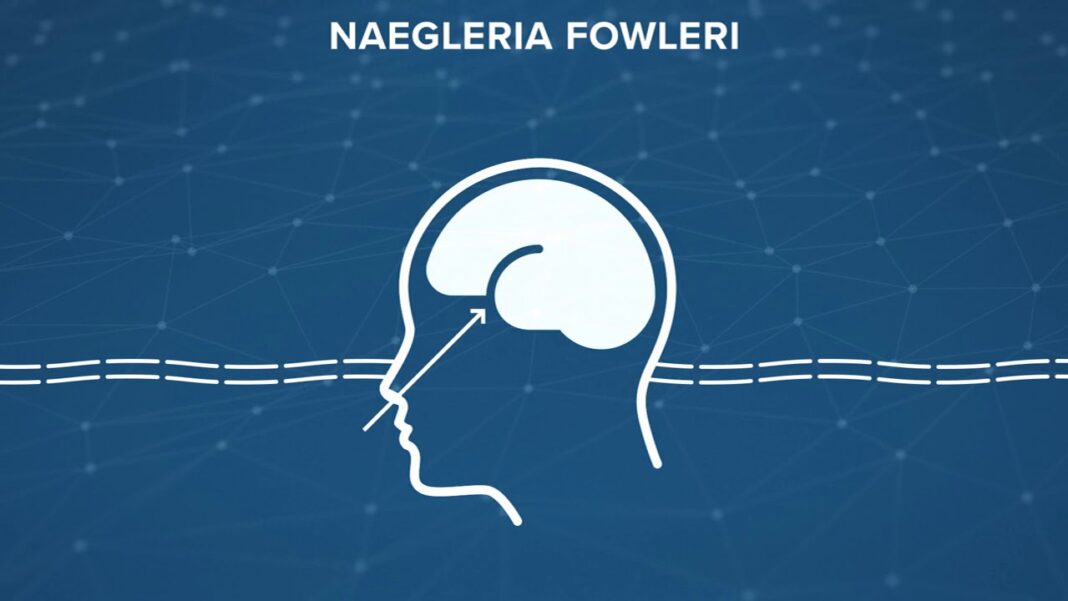The antibodies triggered by COVID-19 vaccines are interfering with people’s immune systems as newer virus variants emerge, Dr. Harvey Risch said.
The two most widely-used vaccines in the United States, produced by Pfizer and Moderna, both work by sending messenger RNA into muscle cells, where they produce a piece of the spike protein from the virus that causes COVID-19. The spike protein triggers the production of antibodies, which are believed to help prevent infection by SARS-CoV-2, which causes COVID-19, and fight illness if one still gets infected.
But the vaccines are based on the spike protein from the original virus variant, which was displaced early in the pandemic. Since then, a series of newer strains have become dominant around the world, with the latest being BA.5.
“The vaccines only make a very narrow range of antibodies to the spike protein,” compared to the broader exposure experienced when one gets infected, Risch, an epidemiology professor at the Yale School of Public Health, told EpochTV’s “American Thought Leaders.”
“The problem with that is, of course, that when the spike protein changes because of new strains of the virus, that the ability of the immune system to make antibodies that correlate to the new strains becomes reduced to the point where it may be almost ineffective over longer periods of time,” he added.
That leads to the antibodies being triggered by the vaccines not binding strongly enough to neutralize.
“What that means is they become interfering antibodies, instead of neutralizing antibodies,” Risch said. “And that’s the reason I believe that we’ve seen what’s called negative benefit—negative vaccine efficacy over longer time—over four to six to eight months after the last vaccine dose, that one sees the benefit of the vaccines turn negative.”
By Zachary Stieber and Jan Jekielek
Read Full Article on TheEpochTimes.com
“The vaccines have done damage to the immune system such that it makes people more likely to get COVID—over a longer term, not the short-term vaccine benefit period, but after that—more likely to get COVID infections, more likely to get other respiratory infections.”
I sit down with Dr. Harvey Risch, professor emeritus of epidemiology at the Yale School of Public Health.
We discuss why vaccinated individuals appear to be getting COVID-19 infections at higher rates than the unvaccinated, and how much of our policies over the last two years were based on flawed science—from lockdowns to the vaccine rollout for children.
We also reflect on the recent passing of Dr. Vladimir Zelenko, who pioneered the use of early COVID treatments. Doctors all over the country are now prescribing these sorts of treatments—mostly quietly, for fear of losing their medical licenses.
“I’m sure by now, there’s a quarter of a million Americans who have been treated successfully with these medications. They know that they were treated with these things. And they worked,” Dr. Risch says.







